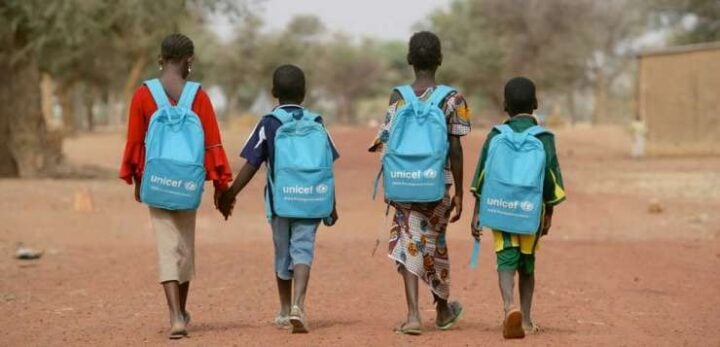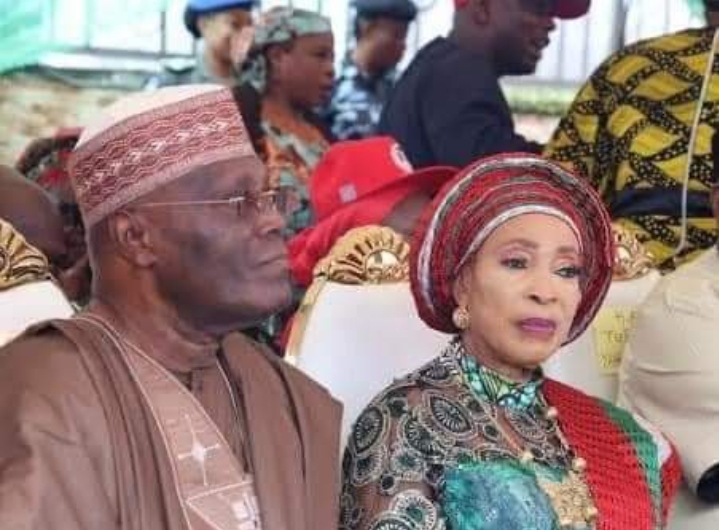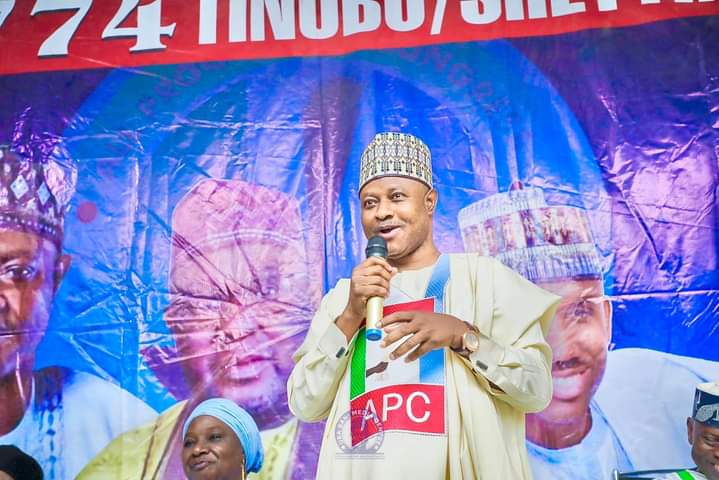The United Nations Children Fund (UNICEF) says 75 percent of children aged seven to 14 years in Nigeria cannot read simple sentence or solve basic maths.
Cristian Munduate, UNICEF Nigeria representative, said this on Tuesday in a statement to mark the 2023 International Day of Education.
“In Nigeria, 75 per cent of children aged 7 to 14 years cannot read a simple sentence or solve a basic math problem. For children to be able to read to learn, they must be able to learn to read in the first three years of schooling,” the statement reads.
UNICEF called on President Muhammadu Buhari to key into this year’s theme — ‘Invest in People, Prioritise Education’ — by giving more attention to the education sector.
Advertisement
UNICEF also listed ways it would contribute to improving access to education in the country.
“Reduce the number of out-of-school children by providing safe, secure and violence free learning environments both in formal and non-formal settings, engaging communities on the importance of education and providing cash transfers to households and schools,” the statement adds.
“Improve learning outcomes by expanding access to quality early childhood education, scaling foundational literacy and numeracy programmes, and offering digital skills and, life and employability skills to adolescents to enable the school to work transition.
Advertisement
“Increase domestic spending on education to meet the 20% global benchmark by 2030 and to address the infrastructure and teaching backlog that are affecting all children’s access to inclusive and quality education.”
The organisation also advised presidential candidates in the country to prioritise investment in education in their action plans.
“As Nigeria’s presidential electionsm draws near, on behalf of UNICEF and the children in Nigeria, I call on all presidential candidates to include adequate investments in education as a top priority in their manifestos,” the organisation added.
Advertisement
Add a comment






